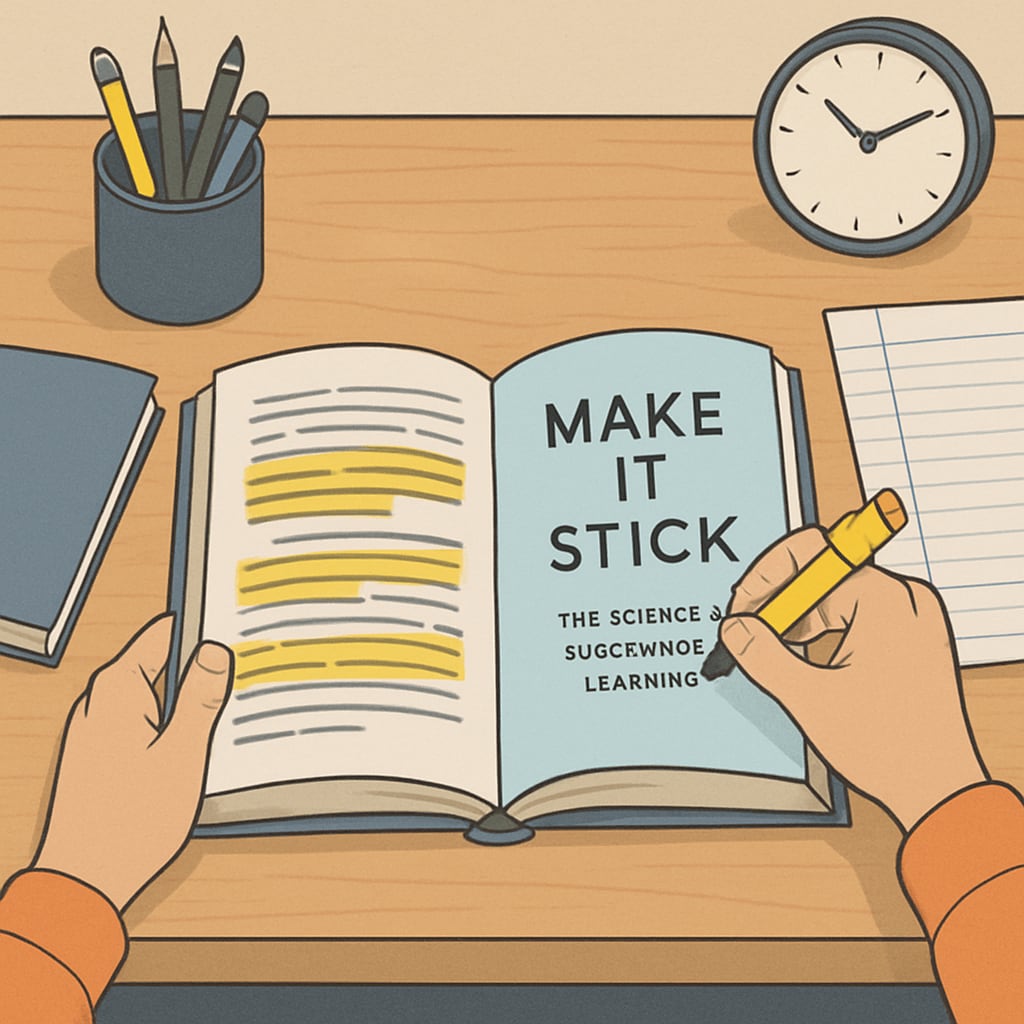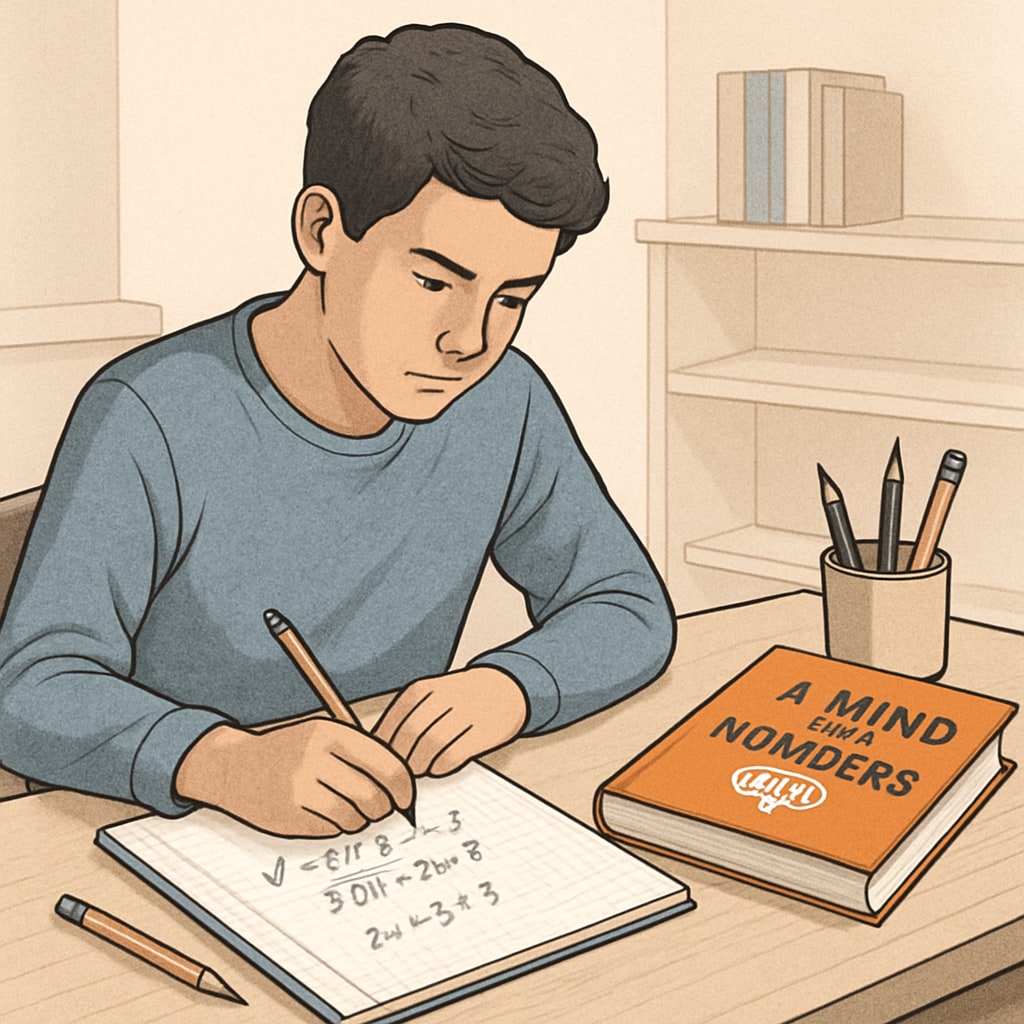In today’s era of information overload, mastering effective learning methods and knowledge retention is more crucial than ever for teens. With an abundance of study resources available, finding the right approach can be overwhelming. To help students navigate this challenge, we’ve curated a list of six must-read books designed to transform learning habits and optimize academic performance. These books combine insights from cognitive science with practical strategies, empowering K-12 students to build personalized learning systems.
1. Make It Stick: The Science of Successful Learning
Written by Peter C. Brown, Henry L. Roediger III, and Mark A. McDaniel, this book dives deep into the science of learning. It challenges common misconceptions about studying, such as rereading and highlighting, and introduces evidence-based techniques like spaced repetition and retrieval practice. By focusing on how the brain retains information, this book equips teens with practical strategies to enhance long-term knowledge retention.

2. The Power of Habit: Why We Do What We Do in Life and Business
Charles Duhigg’s bestseller explains the mechanics of habit formation and how they influence our daily routines, including studying. By understanding the habit loop (cue, routine, reward), teens can identify unproductive behaviors and replace them with habits that support their learning goals. This book is a valuable resource for building consistency and focus in academic pursuits.
3. Ultralearning: Master Hard Skills, Outsmart the Competition, and Accelerate Your Career
Scott H. Young provides a blueprint for intensive, self-directed learning. Though initially aimed at professionals, the strategies outlined in this book—such as meta-learning (learning how to learn) and experimentation—are equally applicable to high school students. It’s an inspiring read for those who want to excel in academic or personal skill development.
4. A Mind for Numbers: How to Excel at Math and Science (Even If You Flunked Algebra)
Barbara Oakley’s book demystifies intimidating subjects like math and science by breaking them into manageable concepts. The author emphasizes using analogy, visualization, and chunking (grouping information) to make complex topics more accessible. It’s a particularly great pick for teens struggling with STEM subjects.

5. Atomic Habits: An Easy & Proven Way to Build Good Habits & Break Bad Ones
In this book, James Clear provides actionable advice for creating sustainable habits. By focusing on small, incremental changes, he demonstrates how teens can develop a disciplined study routine. The concepts of habit stacking (linking new habits to existing ones) and identity-based habits (aligning habits with personal values) are particularly useful for students looking to improve their academic focus.
6. How to Read a Book: The Classic Guide to Intelligent Reading
First published in 1940 by Mortimer J. Adler and Charles Van Doren, this timeless guide teaches the art of active reading. It’s an excellent resource for teens who want to go beyond skimming texts and develop deeper comprehension skills. The book outlines techniques for analytical reading, making it ideal for students tackling complex academic material.
Each of these books offers unique insights into the learning process, providing teens with tools to enhance their study habits and achieve academic success. By incorporating the strategies they present, students can build a strong foundation for lifelong learning.
Readability guidance: Short paragraphs and bullet points summarize key points effectively. Transitions like “however” and “for example” guide readers through the text. The content avoids long sentences and maintains an engaging, professional tone.


